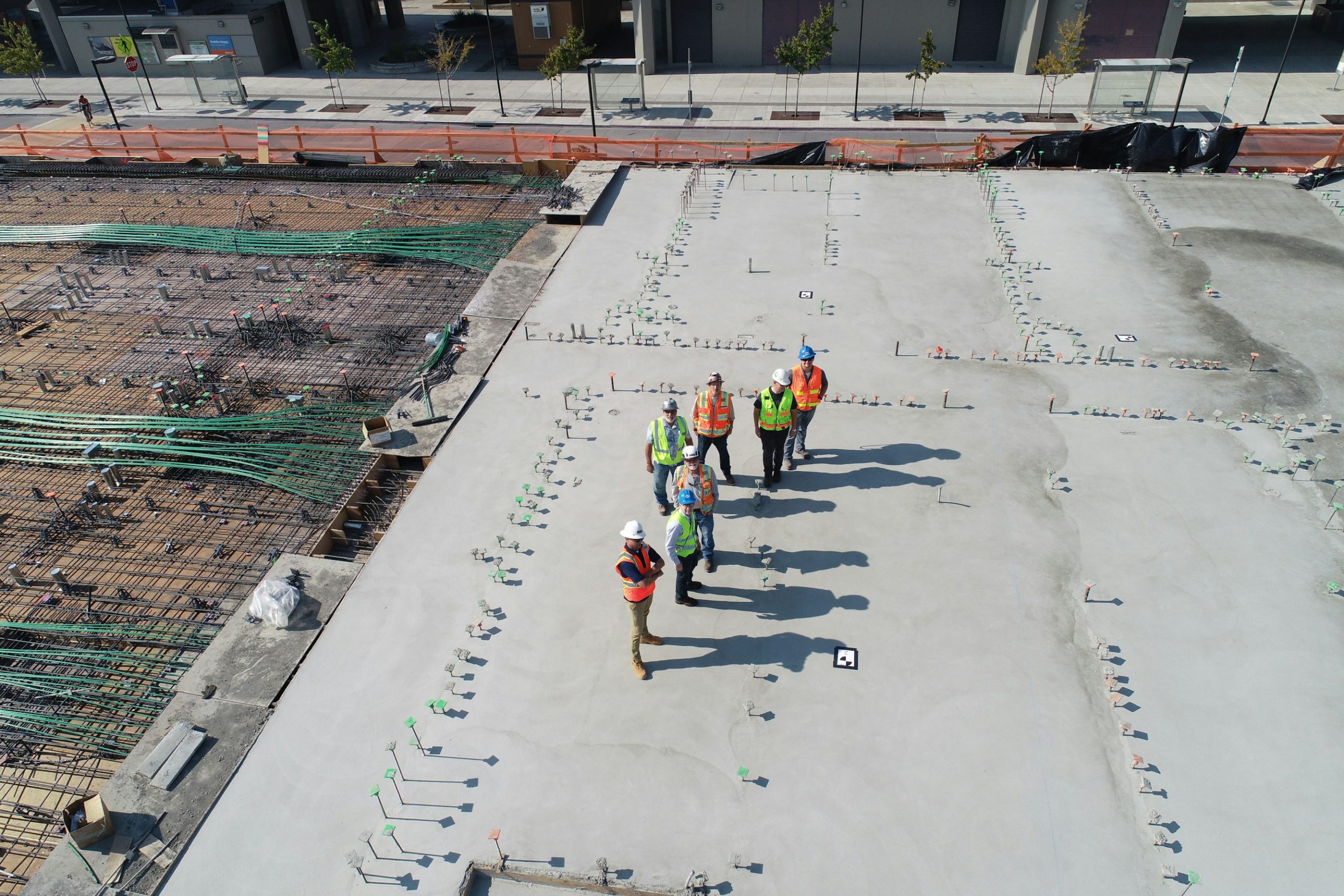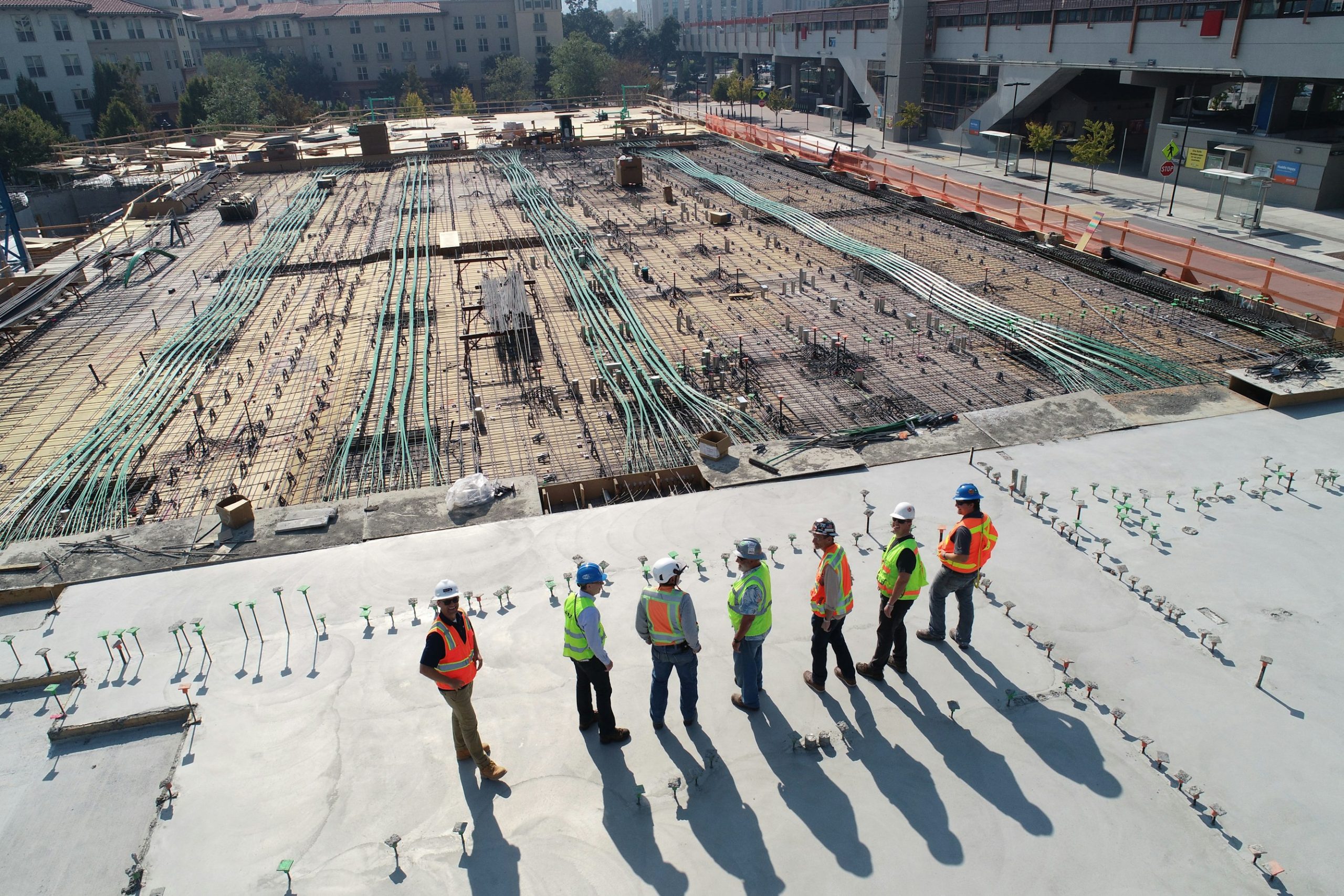How Zepth’s Common Data Environment Enhances Project Efficiency
In the ever-evolving world of construction management, the adoption of digital tools and platforms has become crucial for streamlining processes and enhancing project outcomes. One such tool is Zepth’s Common Data Environment (CDE), designed to centralize project data storage and access. By acting as a single source of truth, a CDE ensures data is organized, managed, and distributed efficiently.
Definition and Purpose of a Common Data Environment (CDE)
A Common Data Environment is fundamentally a digital framework that centralizes all project-related information in a construction project. The ability to access a unified platform not only simplifies communication among various stakeholders but also minimizes the risks associated with data mismanagement. In this context, Zepth’s CDE stands out, embracing innovative AI-driven construction management while ensuring adherence to best practices in construction risk management and compliance.
Key Benefits of a CDE in Construction Projects
Improved Collaboration
Collaboration is at the heart of successful construction projects, and a CDE significantly enhances this aspect by providing a centralized location for all stakeholders. Whether you’re dealing with contractors, engineers, or clients, having access to the latest data eliminates confusion and fosters teamwork. This seamless communication aligns with Zepth’s jobsite management tools that empower teams to work together effectively on-site and off-site.
Standardized Data Format
In a multi-disciplinary environment, standardization is crucial. A CDE establishes a consistent data format that facilitates efficient data sharing among architects, engineers, and construction managers. Zepth integrates construction document management solutions that utilize standard formats, making it easier to manage diverse data sets across projects.
Enhanced Data Integrity and Security
A comprehensive CDE enhances data integrity through unique identifiers, structured naming conventions, and rigorous version controls. Zepth employs stringent permission settings and audit trails to safeguard sensitive information, thereby ensuring that only authorized players access critical data. These security measures are vital for construction financial management tools, protecting essential project finances while adhering to compliance regulations.
Streamlined Document-Centric Processes
Document-centric workflows are often cumbersome; however, the implementation of a CDE radically transforms this scenario. By centralizing processes such as submittals, RFIs (Requests for Information), and change orders, Zepth offers its clients streamlined project documentation through [Document Register](https://www.zepth.com/document-register/). This automation reduces the turnaround time and minimizes errors, leading to improved financial outcomes and faster project completion.
Real-Time Access and Updates
Real-time access to updated project data is indispensable, and a CDE enables stakeholders to retrieve the latest information anytime and anywhere. This real-time access allows teams to make quicker, more informed decisions, ultimately enhancing project outcomes. With Zepth’s construction project tracking software, teams can monitor progress in real-time, experience seamless collaboration, and ensure project milestones are being met.
Financial Visibility and Management
Understanding the financial health of a project is vital, and a CDE is instrumental in managing project-related financial data. Zepth’s tools enhance financial visibility, enabling project managers to make informed financial decisions using data-driven insights. Utilizing construction financial tracking software within Zepth, financial health can be closely monitored throughout the project lifecycle.
Implementation Best Practices
Project Requirements
Successful CDE implementation begins with a thorough understanding of the project’s specific requirements. It’s vital to understand what data is necessary and at what stages. Selecting suitable frameworks for project management is crucial to meeting varying needs.
Appoint an Information Manager
The role of an information manager is key in maintaining data clarity and accessibility. By ensuring organized data management, this individual plays a critical role in maximizing the utility of a CDE.
Establish Conventions Early
Establishing standardized naming conventions at the start of the project aids significantly in data management and coordination. This practice not only fosters consistency but also streamlines future access to information.
Workflow and Sign-off Processes
Implementing clear workflows and sign-off processes enhances transparency within the data ecosystem. Understanding the status of data and what work is underway ensures efficient project execution while supporting compliance with construction regulations.
Zepth’s Role in Enhancing Project Efficiency
Integrated Project Management
Zepth’s CDE solution seamlessly integrates with various project management tools, including BIM (Building Information Modeling). This compatibility ensures that project data is readily available to all stakeholders, thereby reducing information overload and boosting collaboration.
Centralized Data Storage
With Zepth, all project documents are stored in a centralized system, granting easy access to team members and preventing data loss. This level of accessibility is critical for maintaining an efficient data flow and operational integrity throughout the project.
Automated Workflows
By automating document approval and distribution workflows, Zepth removes the potential for human error while accelerating the construction phase. This automation ensures that proper protocols are followed while maintaining a clear audit trail for data integrity.
Cross-Business Approval Workflows
Zepth facilitates cross-business approval workflows, integrating internal and external stakeholders into one application. This integration expedites the approval process, contributing to improved financial outcomes as necessary approvals are met promptly.
Emerging Innovations and Standards
ISO 19650 Compliance
Zepth’s CDE adheres to ISO 19650 standards, emphasizing unique identifiers, rigorous naming conventions, and controlled data revisions. This compliance enhances security and integrity within the data environment, crucial for successful project management.
Cloud-Based Solutions
The transition towards cloud-based CDE solutions provides remarkable flexibility and scalability. Zepth’s cloud functionality ensures that stakeholders can access the platform from anywhere, further enhancing collaboration and decision-making processes in construction management.
In leveraging Zepth’s Common Data Environment, construction projects can achieve significant efficiency gains, reduce potential errors, and improve project outcomes dramatically. For more details on how Zepth can support your construction project management, visit Zepth’s Common Data Environment Implementation Guide.




